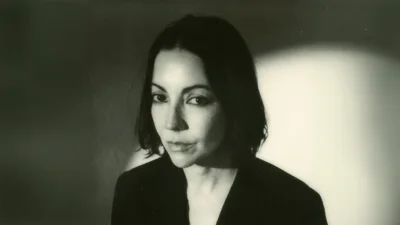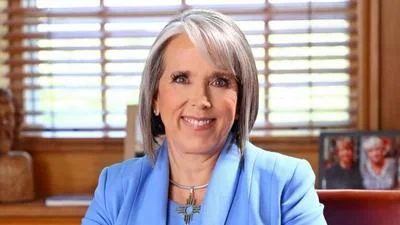Hiroshi “Hershey” Miyamura, an American war hero, was laid to rest last weekend in his hometown of Gallup, N.M. The second-to-last living recipient of the Korean War Medal of Honor was 97 years old when he died in Phoenix on Nov. 29.
“It was a celebration of life, and I think that Hershey would be more than satisfied with how it turned out and how many people came out, it showed how much he was loved,” Leroy Petry, a retired master sergeant and friend of Miyamura, told KRQE recently.
Miyamura, born in 1925, was a veteran of World War II and the Korean War. He was a squad leader on the front lines of the Korean War in 1951 when his unit was attacked. Before being injured and captured, he killed more than 50 enemy soldiers so that his unit could successfully escape.
This is how the Congressional Medal of Honor Society described Miyamura’s bravery at Taejon-Ni, Korea:
“On April 24, 1951, then-Cpl. Miyamura was a machine-gun squad leader with Company H occupying a defensive position when the enemy threatened to overrun the position. Aware of the imminent danger to his men, he engaged in close hand-to-hand combat, killing approximately 10 of the enemy before returning to administer first aid to the wounded and directing their evacuation.
“When another assault hit the line, he manned his machine gun until his ammunition was expended and ordered the squad to withdraw while he stayed behind bayoneting his way through infiltrated enemy soldiers to a second gun emplacement and assisted in its operation. He ordered his men to fall back while covering their movement and killed more than 50 of the enemy before his ammunition was depleted and he was severely wounded but was still seen continuing to fight an overwhelming number of enemy soldiers before being captured by the enemy.”
Miyamura was a prisoner of war for two years before being released in August 1953. He received his Medal of Honor from President Dwight D. Eisenhower two months after his release.
Hundreds gathered recently to remember the war hero known to friends and family as a humble man. First responders raised a U.S. flag from a fire truck. Helicopters also flew over the service.
“His smile and his candor and just he was soft-spoken,” Petry said. “But whenever he talked, you listened.”
Miyamura is buried at Sunset Memorial Cemetery. In Gallup, there are two major landmarks named after Miyamura: Hiroshi Miyamura High School and the Hiroshi Miyamura Overpass.








